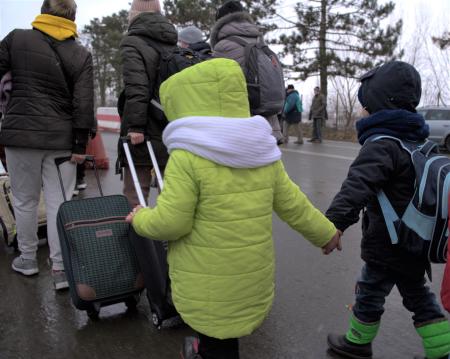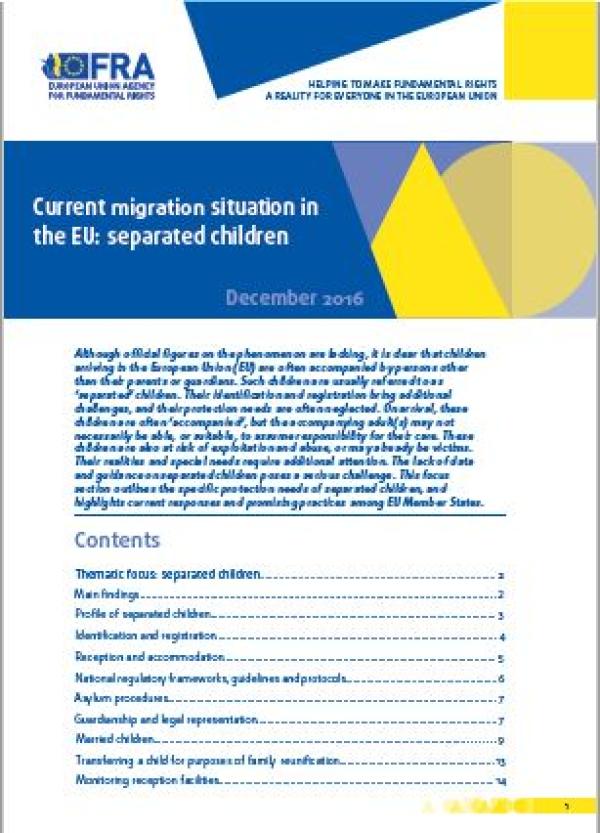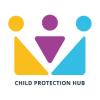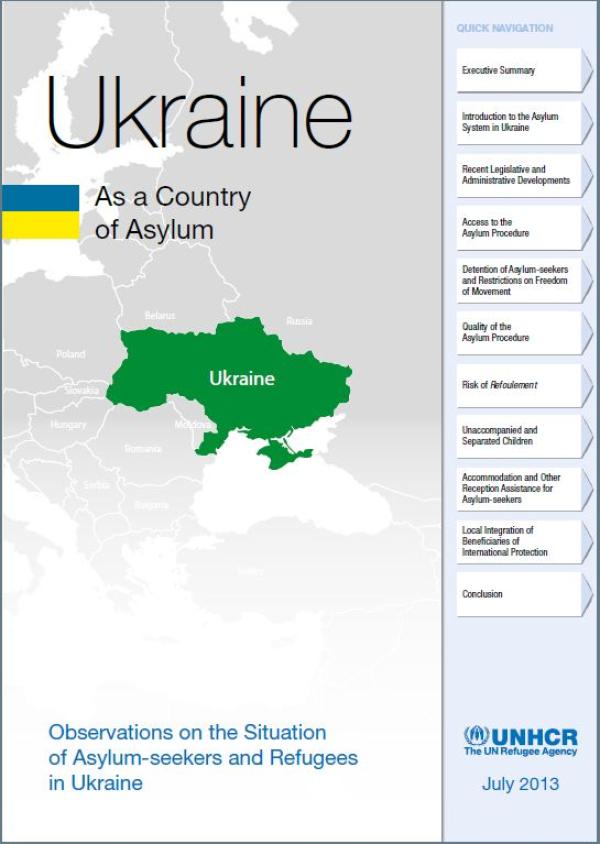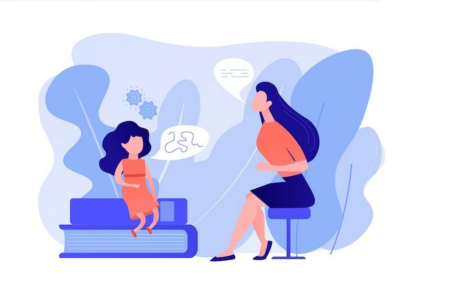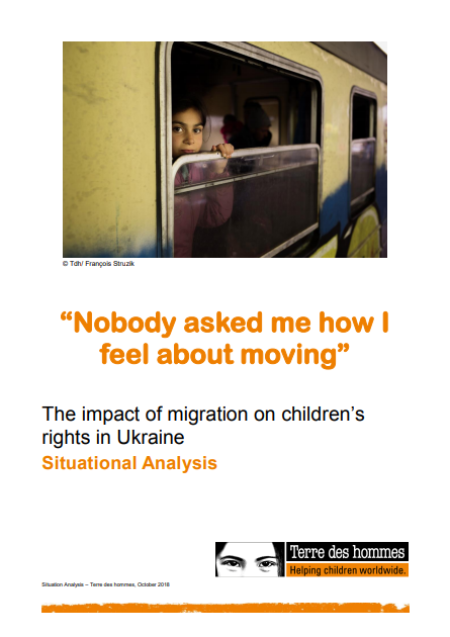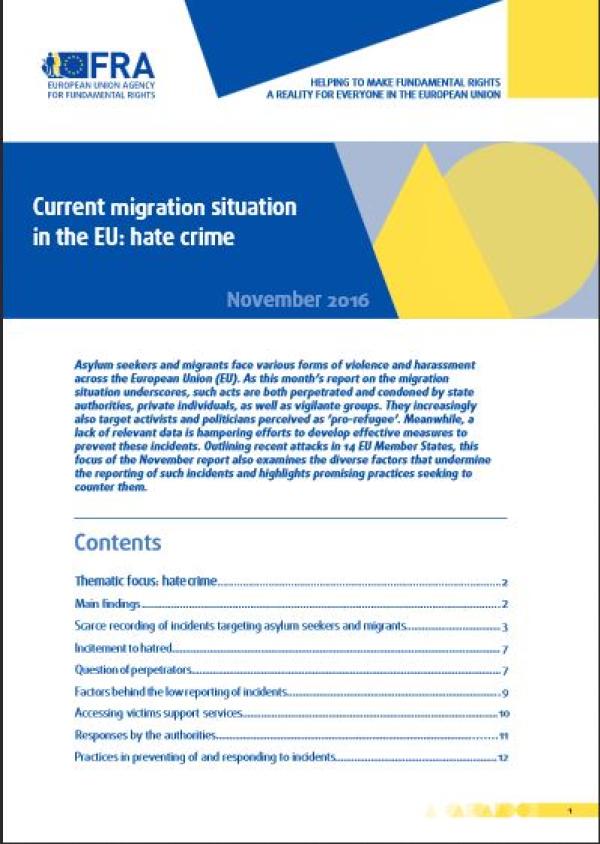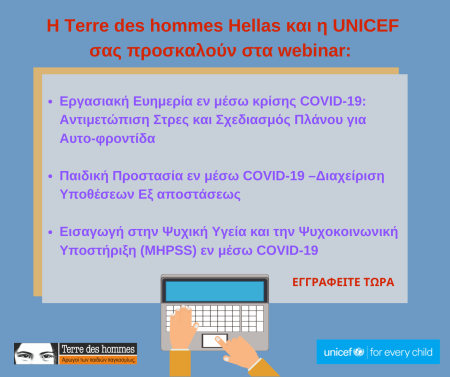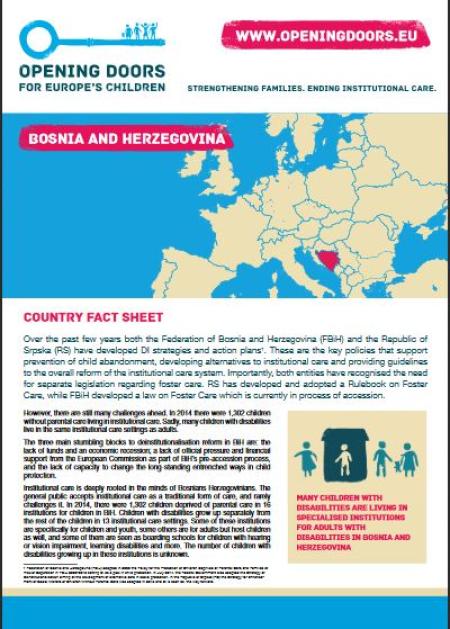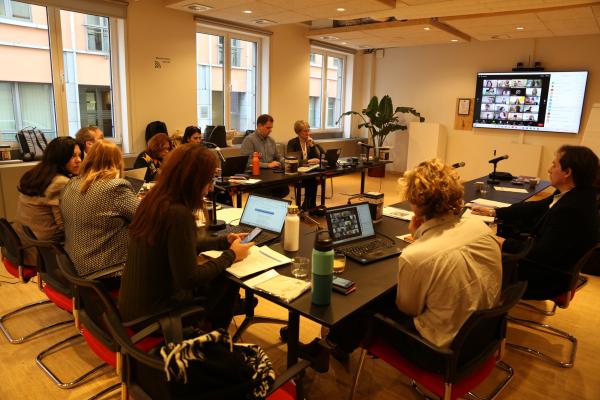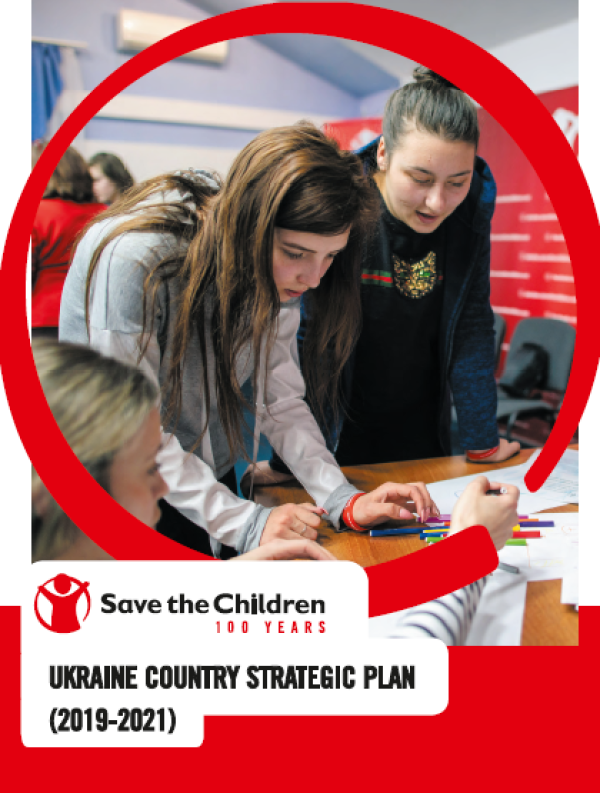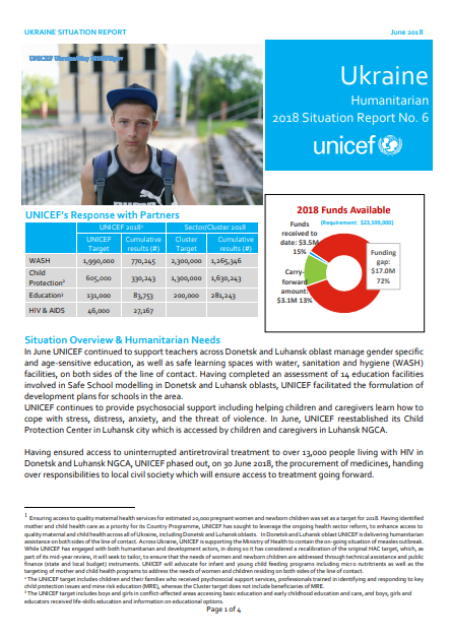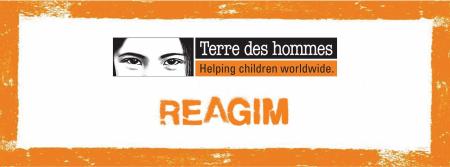Once they reached a safer place, Yana and Anastasiia, Terre des hommes psychologists in Ukraine, shared their experience and described the current situation of children in their country:
"Before the outbreak of hostilities in Ukraine, we worked with groups of teenagers. The topics we addressed were life skills, stress resistance and team building in the communities near the contact line. The basic needs of the children were met, they had access to water, food and medication. Based on this, it was possible to support their psychosocial well-being.
Over the past 13 days, people’s lives have been turned upside down in our country. The Tdh team has focused on saving their own lives and those of their loved ones. Many of us have been in bomb shelters with no water, electricity, or telecommunications, and have not felt safe.
Some of us struggled to get to safe regions in the country while leaving behind families and homes. Along the way we saw panic, and even indifference and aggression from some people. We also felt homeless, abandoned, and disconnected from our former lives. Only through the support of loved ones, the support of Tdh, and our own strength are we safe at the moment. But we don't know what will happen tomorrow, so the anxiety never leaves us.
As for those parents and children who are evacuating from shelled cities and settlements, the situation, to speak mildly, is terrible. We saw mothers give their children to strangers because there wasn't enough space on the evacuation train for the whole family. We saw children sleep on the street because there were fewer and fewer places in the temporary shelters. Children are separated from their parents, and parents ask their friends and relatives to evacuate their children, and simply "throw" children into trains, cars and buses.
Also, children who are evacuated with their parents sometimes spend several days on the road in dangerous areas with shooting. There are traffic jams on the roads, and it is impossible to fill a car with fuel. If we talk about evacuation by train, children with parents spend hours in the freezing cold waiting in line for the train, where priority is given to mothers with babies—parents with older children might not even get on the train after waiting in line. Also, in some settlements near railway stations, there are no shelters and no opportunity to take shelter in case shelling starts.
We are also very worried about our colleagues with whom we have not had contact for several days. The cities in which they are located have been under fire for days. There is no electricity, water, gas, or telephone service in these cities. The only way for people to get information is through the radio. Ukrainian authorities are demanding that Russian troops respect the "regime of silence" so Ukraine can evacuate civilians, or at least, bring them humanitarian supplies. But at the moment, these attempts are in vain. We hope our colleagues will be all right.
Having reached a safe environment, we immediately tried to contact our beneficiaries. Many, unfortunately, cannot be reached. There was and is terrible fighting in their regions. Only one teenager contacted us from the city of Zolote, in the Luhansk oblast. His family cannot leave the city. There is a lot of military equipment around and shelling is going on. There is no water. There are also problems with access to food. The Internet is rare. And this is the situation in many cities and villages.
At the moment, the basic needs of children in settlements where there is active fighting are not met. Children have been in basements for two weeks. The basements are not adapted for living; the conditions are unsanitary as there are no toilets (children go to the toilet in buckets, which parents cannot empty outside because of the shelling). In some basements, there is no water and parents have to wash their children with wet rags and napkins.
The food situation is even worse. Stores have run out of baby food. If parents manage to get food, it is not always suitable for children. Children's bellies hurt. They experience constipation, and are constantly crying and yelling.
Older children only eat noodles and cereals, which, as long as there is electricity, can be cooked in the shelters. Food supplies are rapidly running out, and parents cannot take the humanitarian aid that is delivered to communities because of constant shelling around these areas.
There is mold and dust on the walls of the shelters and children begin to get sick with a runny nose, cough, fever, acute respiratory viral infections, bronchitis, for which there is no medicine.
On the positive side, parents, neighbors, and children have united to support and help each other. They share everything they have.
Children react to stress in different ways. Some sleep during the shelling, some worry about their parents and don't let them go anywhere, not even to move a little. For some children, socializing with their peers during this time is enough. Younger children cry, and cover their ears and eyes.
Parents are under constant stress, especially due to the shelling. Therefore, there is no energy left for the psychological support of their children. Children are afraid; loud noises give them panic attacks that they do not know how to cope with. In general, they cannot adequately assess their condition, and those basic psychological self-help skills that children have are not always remembered in such moments.
Adequate psychological help and support is possible only when children's basic needs are met.
As for remote psychological help and support—in some shelters there is no mobile communication. Perhaps mobile communications only appear when there is no shelling and people can reach the surface with a charged phone.
Therefore, unfortunately, psychological needs come second. Now, physiological needs have become a priority—to eat and sleep. And then comes a sense of security."
***
Terre des hommes has been providing various services to children and their families in Ukraine since 2015, with a strong focus on psychosocial support. Tdh operates in Kyiv, in Mariupol, and in Severodonetsk.
Tdh is setting up mobile teams in Moldova, Romania and Hungary to provide emergency help to refugees from Ukraine. Please support these efforts by donating here.


